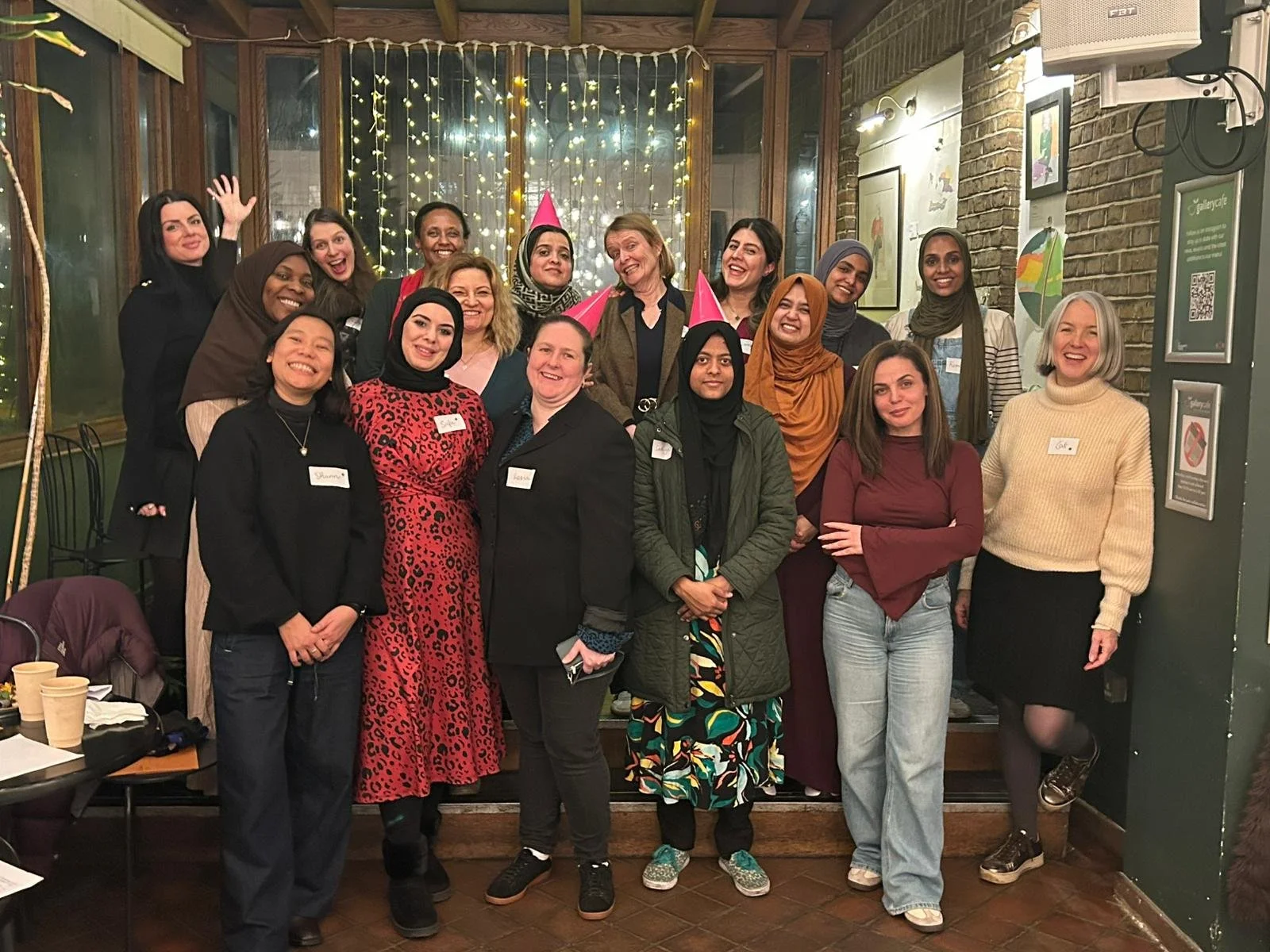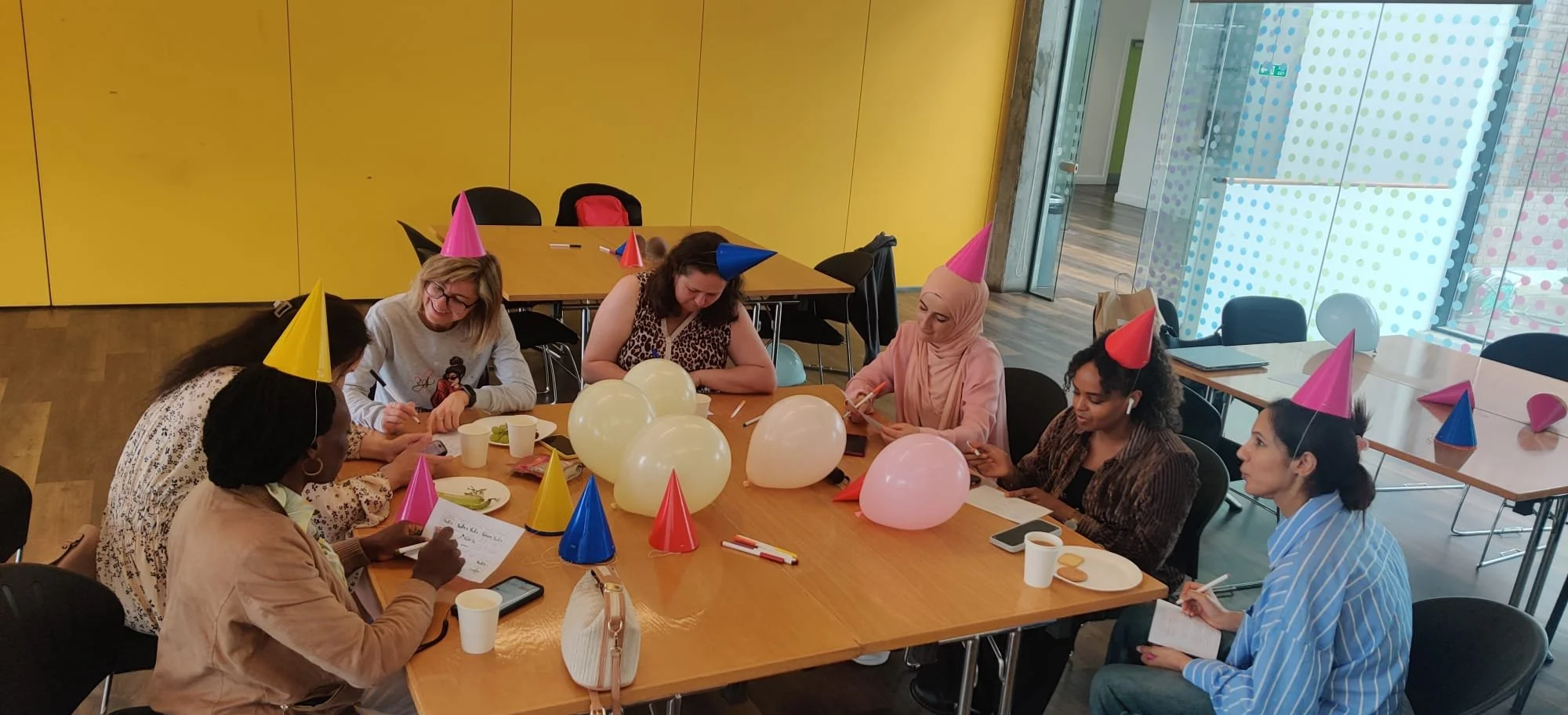Transferrable skills: from science to mentoring and back
On 11th February, it was the International Day of Women and Girls in Science. For this occasion, alumni mentor Nushrat Khan from our 10th Mentoring Programme reflects on the things she’s learned from her scientific journey and her time at Routes. Nushrat is a Senior Research Fellow at UCL, working in the field of global health.
I was born in an underdeveloped country but privileged enough to be from an academic family who instilled in me the love for science from an early age. After I got my scholarship to study for my undergraduate degree in Japan, I was excited to meet more women who are pursuing a degree in science, especially in a scientifically and technologically advanced country like Japan. However, what I found then and throughout my journey afterwards in the USA and UK is that women in STEM (science, technology, engineering and mathematics) subjects are always underrepresented, in fact recent statistics show that less than one third women in the UK study STEM. This gap becomes narrower when it comes to women working in scientific research and even narrower for women from minority ethnic backgrounds.
Given the figures above, the question is – how do we motivate and retain women studying and working in science? To successfully navigate the terrain, I have always found it invaluable to work with and learn from a mentor. Whether it is about getting advice on fighting that inner imposter syndrome or learning about how to establish one’s own niche and develop a professional network, a mentor can be a role model and a guide to carry you through. As I am developing myself as a female leader in global health research, I find it equally rewarding to mentor others from similar backgrounds and support them to reach their career ladder.
Working with Routes added to this valuable experience last year where I received training to develop a better understanding of how to support women from diverse backgrounds, how to listen and celebrate small successes.
I would say that my skills from both mentoring and global health work that I used would be better communication. Working with diverse groups of stakeholders and students means that I have to learn how to actively listen and continually improve my communication skills.
My suggestion for women in STEM would be to believe in and celebrate yourself, and also each other. Be kind, courageous and empathetic, and together we can make a difference. If you are a female leader in science, do take up the mentoring opportunity via Routes and be a part of the amazing work they are doing!



